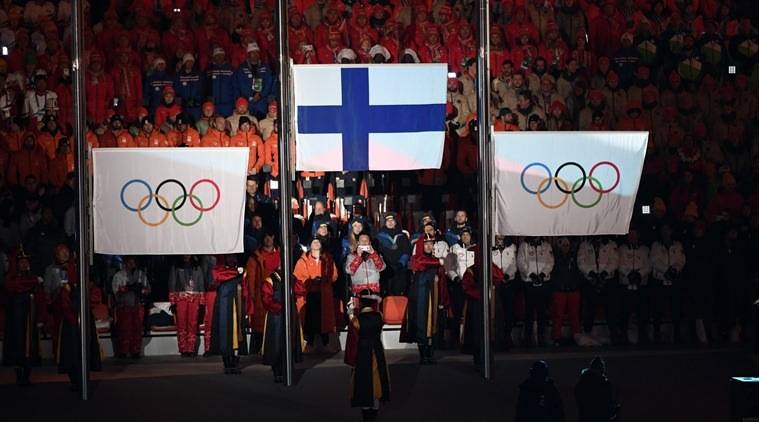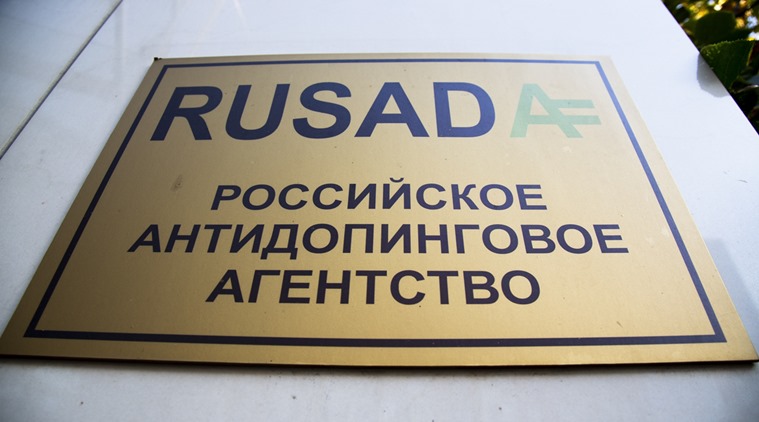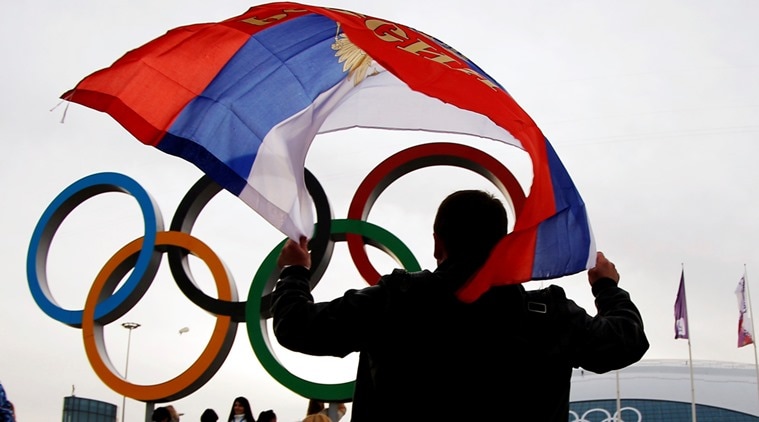 Rusada was suspended again in December as part of the wider ban imposed on Russian sports.
Rusada was suspended again in December as part of the wider ban imposed on Russian sports.
By Tariq Panja
A forensic audit of Russia’s scandal-plagued anti-doping agency appears to have unearthed a new problem: hundreds of thousands of dollars, and perhaps more, paid to companies linked to former senior executives at the agency.
The spending, documented by international financial consultants Baker Tilly in a report commissioned by the anti-doping agency’s director general, was for drug-testing equipment and other goods and services. According to a summary of the 54-page report viewed by The New York Times, the agency, known as RUSADA, sometimes paid as much as 50% more than market rates for the purchases.
“Purchases were not made through competitive procedures, but by the decision of key managers in the organization,” according to the report, which named a former head of the agency as one of the officials involved.
The accusation of self-dealing by former RUSADA executives is just the latest scandal involving the agency, which in recent years has been accused of manipulating or covering up failed drug tests by Russian athletes and then working to sabotage an investigation into its conduct by global anti-doping regulators.
The audit of RUSADA’s finances was commissioned by the current director general of the agency, Yuri Ganus. Ganus, a former railway executive, had no prior experience in sports administration before taking the post in 2017, but he had experience with troubleshooting organizations in crisis.
One of the first tasks he undertook, he said, was to look through RUSADA’s finances. When costs for equipment and other expenses seemed to be far higher than he expected, he hired Baker Tilly to look through all of RUSADA’s accounts.
“I saw the papers,” Ganus said in a telephone interview. “I saw big differences between what was proposed and the prices they received.”
 A sign reading “Russian National Anti-doping Agency RUSADA” on a building in Moscow, Russia. (AP Photo)
A sign reading “Russian National Anti-doping Agency RUSADA” on a building in Moscow, Russia. (AP Photo)
Ganus said he had expected official action to be taken after the report’s findings were supplied to Russian authorities. An investigation was opened and officials were interviewed, he said, but then the case was suddenly closed.
Believing his agency has been the victim of fraud, Ganus said, he has written to the public prosecutor’s office in Moscow to demand that it reopen the investigation.
“I believe in this report,” Ganus said. “When the investigation committee stopped the investigation, I disagreed with it.”
Details of the financial dealings at RUSADA are merely the latest concern for the agency and for the credibility of Russian sports.
Late last year, the World Anti-Doping Agency banned Russia from international sports for four years — including this summer’s Olympics in Tokyo — after finding that key laboratory data related to an earlier doping scandal had been manipulated. Russia has appealed its ban to the Court of Arbitration for Sport, which is expected to hear the case at the end of April or in early May.
The Baker Tilly analysis identified several companies that appeared to have only one customer, RUSADA, and others in which a number of what it described as “former top managers” of the anti-doping agency were investors or co-owners. The report also found examples of transactions with so-called “one-day” companies, which are operational for a short period of time, or for just a tiny number of transactions, before disappearing.
“We ask to pay attention to these purchases as a possible case of financial abuse by the key management of the organization,” the Baker Tilly report said. It warned that significant sums of money were spent on suppliers with “potentially high levels of risk and affiliation.”
 A man carries the Russian flag past the Olympic rings at the Olympic Park (REUTERS)
A man carries the Russian flag past the Olympic rings at the Olympic Park (REUTERS)
Among the officials involved in the companies, the report said, was Ramil Khabriev, who resigned as the head of RUSADA in December 2015. His departure came after WADA, the global doping regulator, suspended the agency for what it said was an industrial-scale doping operation involving Russian athletes.
RUSADA’s suspension was lifted in September 2018, when Russia promised to hand over details of laboratory data that would allow sports organizations to finally determine the identities of athletes who had doped. The resumption of RUSADA’s activities proved to be short-lived, however; last year, WADA determined the laboratory data supplied by Russia had been purposely altered or deleted.
Rusada was suspended again in December as part of the wider ban imposed on Russian sports.